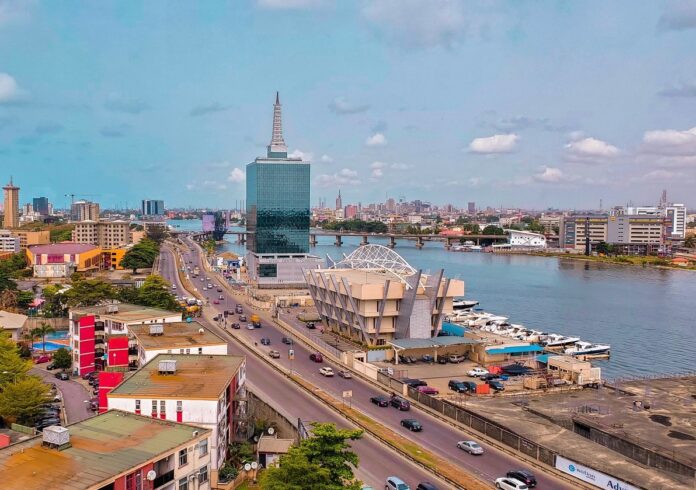A new study by academics from the University of Bologna in Italy and the Centre of Natural Hazards and Disaster Science in Sweden has found that, in 80% of African countries, there was human resettlement towards rivers and cities during drought, increasing the number of people living in flood-risk areas.
This pattern of resettlement is likely to intensify in coming decades as climate change makes droughts more frequent and severe.
Hydrologist Serena Ceola of the University of Bologna, who led the study published in Earth’s Future, said: “It’s a cycle that exacerbates how many people are negatively impacted by drought, and not only in the ways we might normally expect.
“As regional climates change and both droughts and floods become bigger problems, more people will struggle to find a safe place to settle. People may move from one drought-affected place to another or move somewhere that just poses different climate risks.”
There is already evidence of resettlement putting the most vulnerable at risk. In just the past three years, 3.8 million Somalians have been displaced, partly due to drought. Many of these climate refugees sought shelter near rivers to enable them to continue farming, but heavy rains and flash floods resulted in more than half a million people being displaced.








